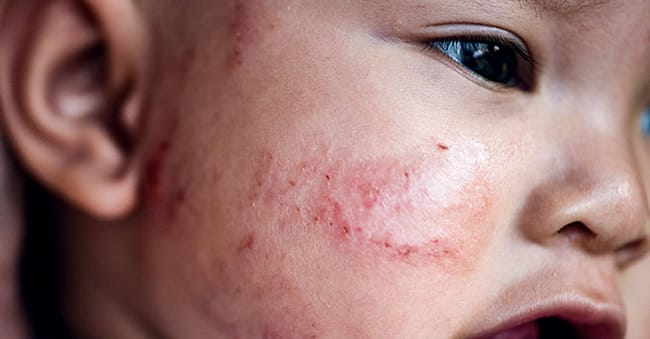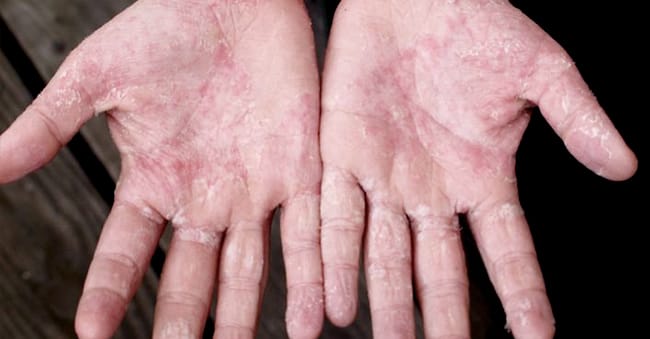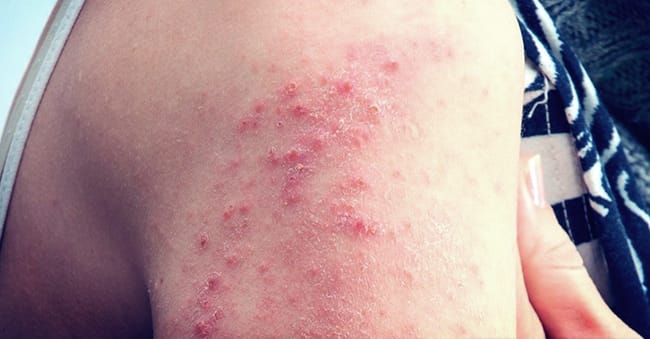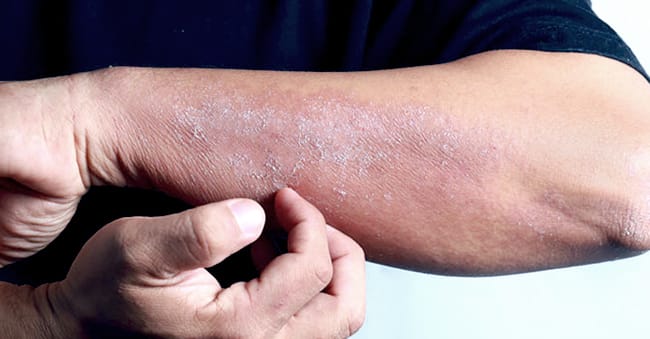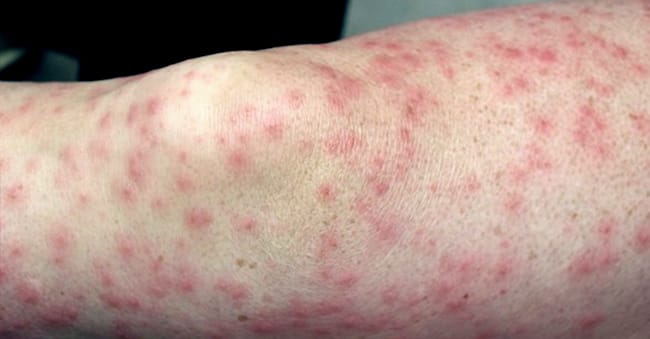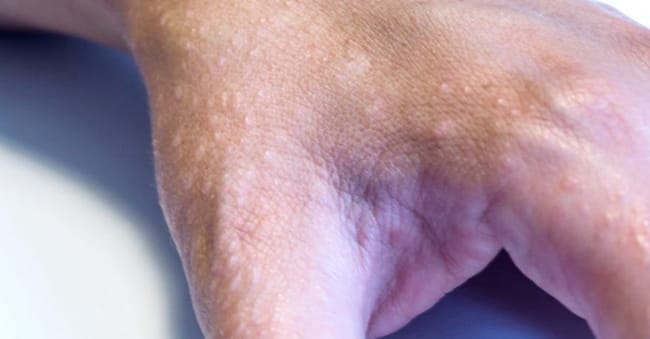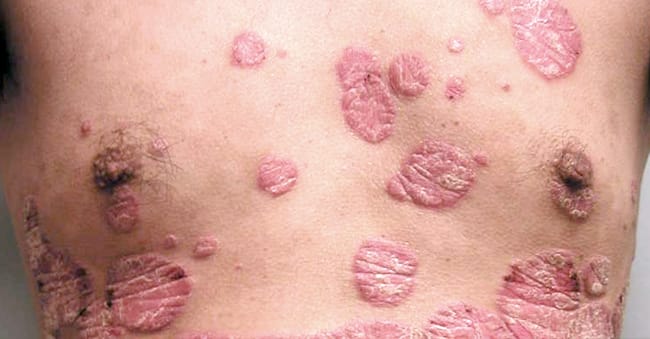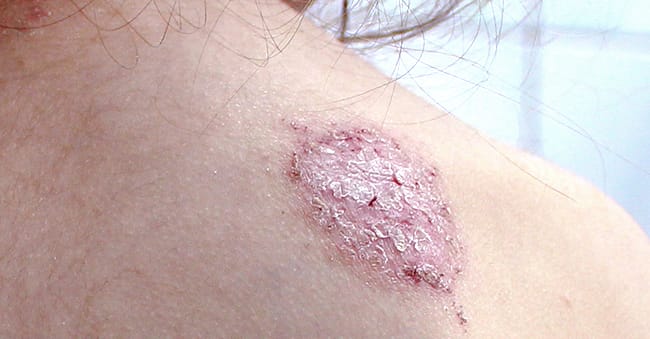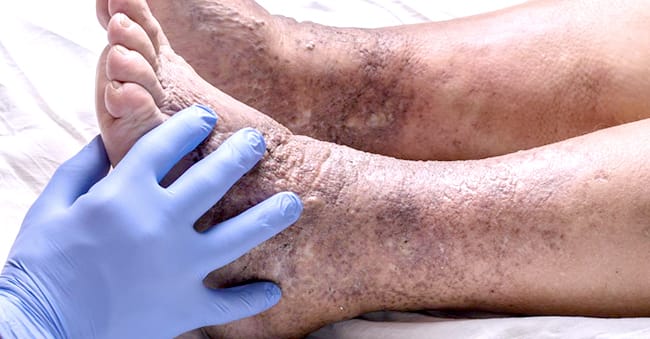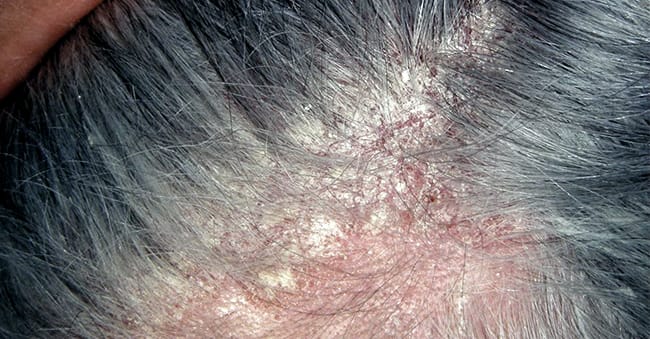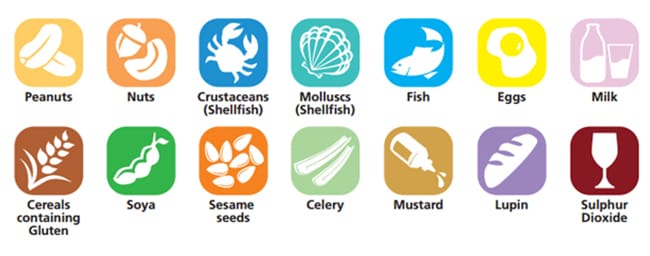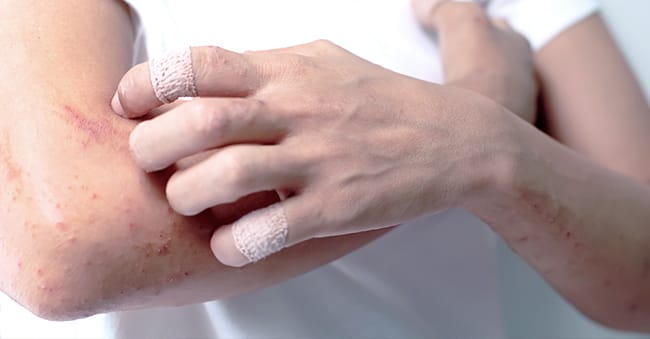There are a lot of home remedies and natural treatments that are cheaper and easy to get such as aloe vera and coconut oil. Most of the remedies only help in reducing the symptoms but it could not cure eczema fully.

Apple Cider Vinegar
Eczema skin may have less acidic skin compared to others. By applying diluted apple cider vinegar to the treated area, it could help in balancing the skin’s acidity level. Be cautious with the concentrations of vinegar as the vinegar’s acid can damage soft tissues which weaken the skin’s defence and cause burn if not diluted.

Aloe Vera Gel
Common apply aloe vera gel to soothe eczema as it provides cooling elements to the skin. Aloe plant and has been used for centuries to treat a wide range of disease or skin discomfort. Aloe vera contains antibacterial, antimicrobial, immune system-boosting and wound healing properties which aid to prevent skin infections and promote healing.

Coconut Oil
Coconut oil contains healthy fatty acid. It helps to moisturise the skin texture for those who suffer from eczema. Nowadays, virgin coconut oil is rising in popularity and highly in demand for its properties that help in combating inflammation and improving the health of skin barrier.

Honey
Dabbing the honey to the skin helps to prevent infections while moisturising the skin and speed up the healing process. Honey is a natural antibacterial and anti-inflammatory agent that heals wounds, boost immune system function and aid the body to fight off infections.
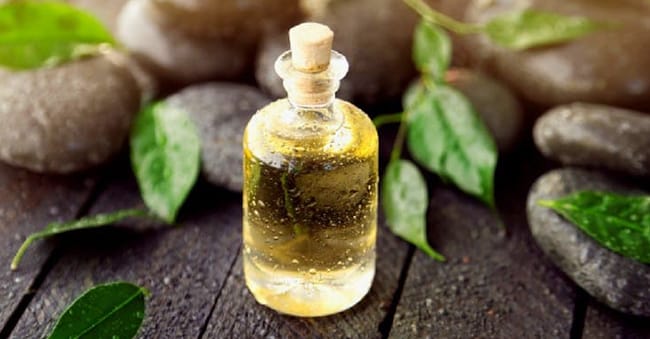
Tea Tree Oil
Tea tree oil is extracted from the leaves of the melaleuca alternifolia tree or tea tree. It contains same properties like honey which help with skin problems by providing anti-inflammatory, antibacterial and wound healing properties in the oil. Regular use of tea tree oil help to relieve skin dryness and itchiness caused by eczema.

Baths
Dry skin would cause eczema to worsen. Dry skin would need extra moisture agent because the outer layer is not functioning as it should. Bathing will provide the skin with essential moisture. However, other conditions like temperature of the water, unsuitable soap, frequent bathing and excessive scrubbing will worsen the eczema skin.

Dietary Changes
Some diet is not suitable for people who suffer from eczema but some will help in treating the disease. Foods with anti-inflammatory properties are good in treating inflamed, red, and sore skin. Eczema can be reduced by taking more fish, leafy greens, beans, fruits, vegetables, turmeric and cinnamon. Also, you may try to avoid and eliminate common inflammatory foods like dairy, eggs, soy and wheat which will worsen eczema.
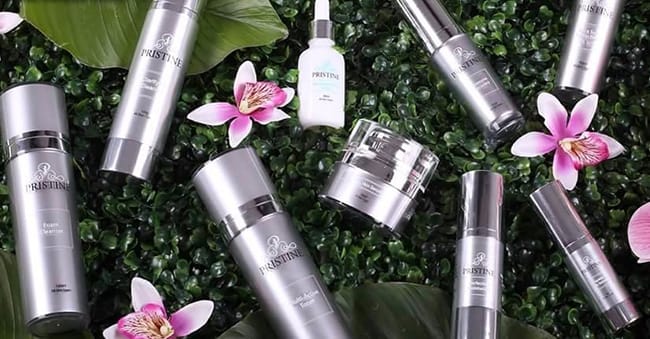
Gentle skincare, soap and detergents
Try out gentle, no-lather and fragrance-free cleanser to prevent dry skin to happen. Avoid using products with rough particles for scrubbing or exfoliating as they can further irritate the skin. Most laundry detergents contain harsh chemicals that aggravate eczema. Try to skip fabric softener as it can cause skin irritation from fragrances and chemicals which linger on clothes.



